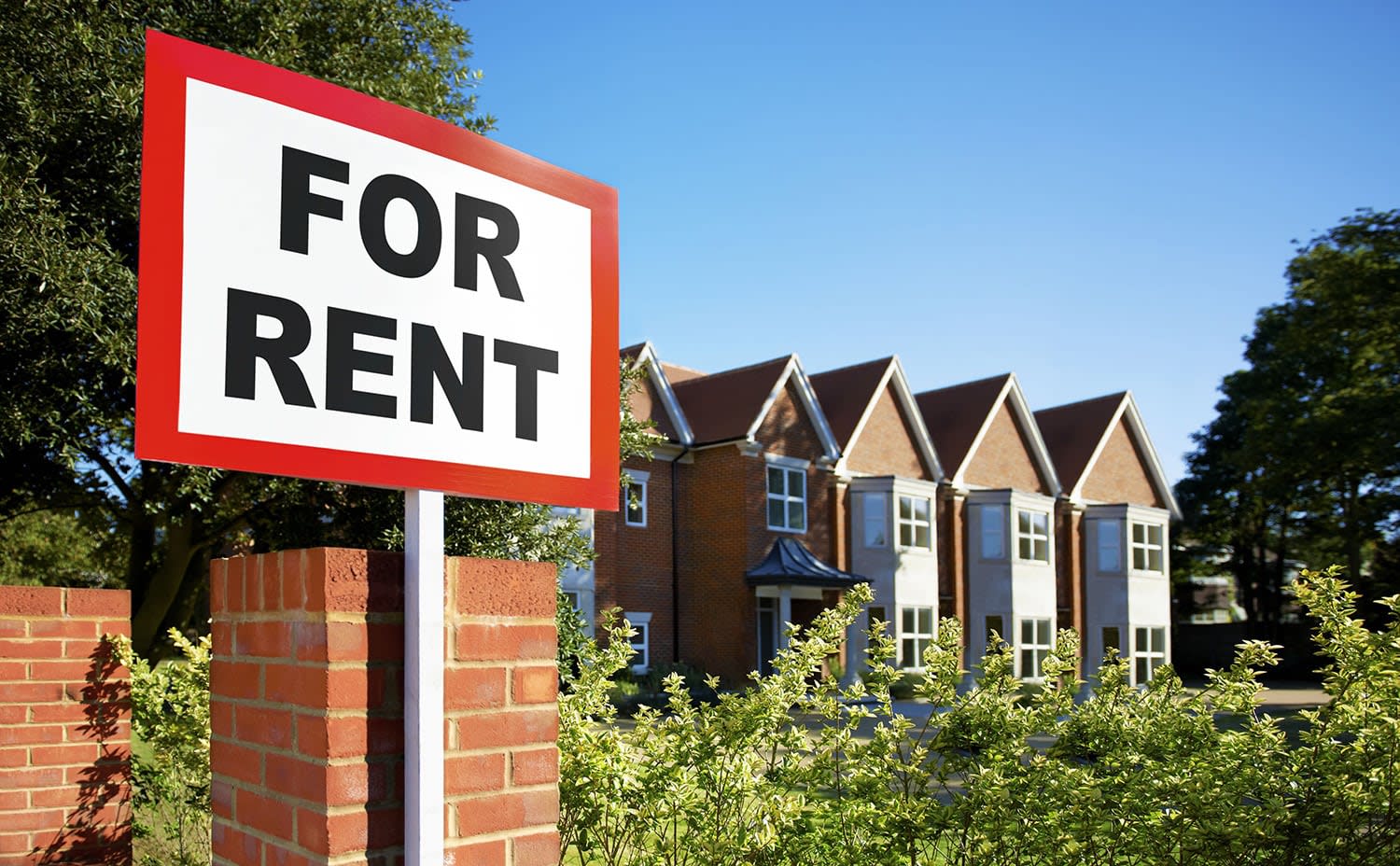How Property Taxes and Mortgage Interest Affect Yearly Tax Returns

When it comes to owning a house, there are some benefits homeowners may see when they do their annual taxes. Along with other expenses related to your home that may be deducted, homeowners can deduct the cost of their property taxes and mortgage interest from their federal taxable income.
Mortgage Interest
Mortgage interest is the amount of money homeowners pay in interest on their mortgage. Since interest rates vary depending on the terms of each individual mortgage, this number is different for every homeowner, and many rates will change throughout the life of the loan. When it’s time to prepare annual taxes, the amount of money that was paid in interest on a mortgage can be deducted from total income.
Property Taxes
Property taxes are determined by the county in which you live. These taxes can include different taxes such as school, and city government taxes, combined into one payment. The county sets the property tax percent and the amount a homeowner pays depends on the value of their home. For example, if the property tax is 3%, a house worth $100,000 will pay $3,000 per year, while a house valued at $300,000 will pay $9,000. The taxes paid can vary if a home increases in value, or vice versa.
When you do your taxes, the money you paid for mortgage insurance and property taxes can be deducted from your total taxable income. If your taxable income is $50,000, and you paid $5,000 in insurance and taxes, you new taxable income is $45,000. The more deductions you have, the lower the taxable income is, and the more money you may potentially receive in a tax refund. Your accountant will know what can and cannot be deducted, so the best course of action is to keep track of all interest, taxes, and monies spent on your home.








